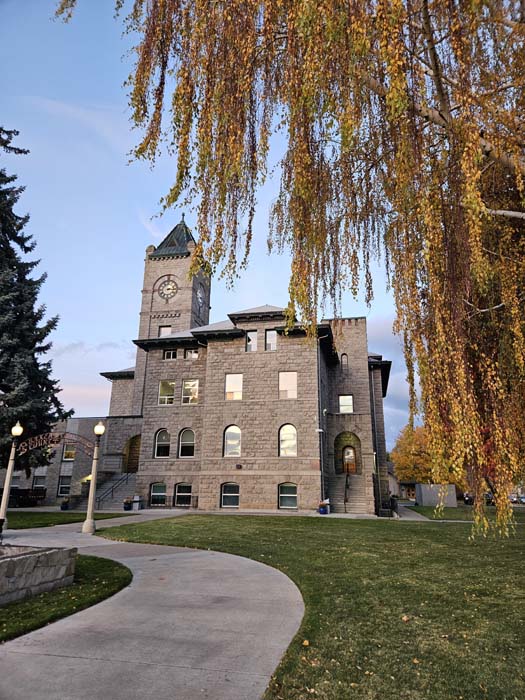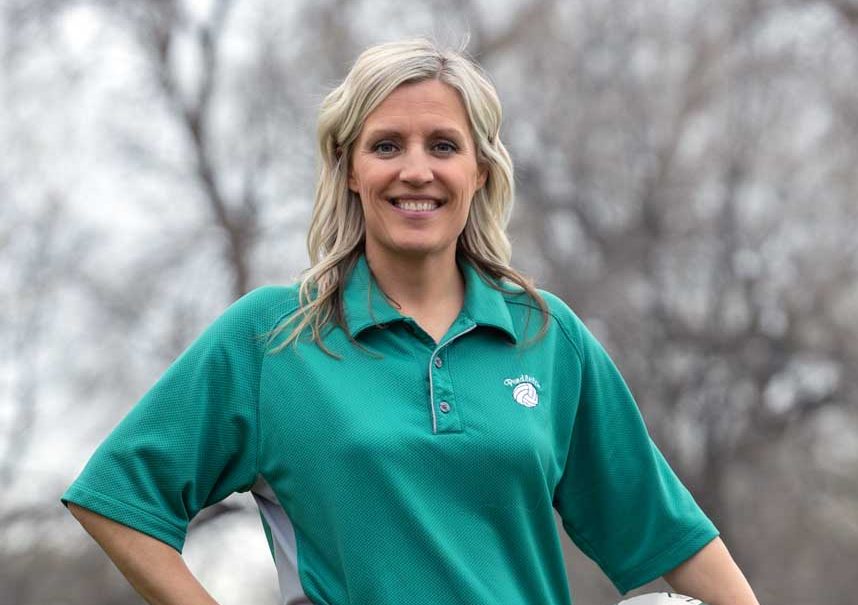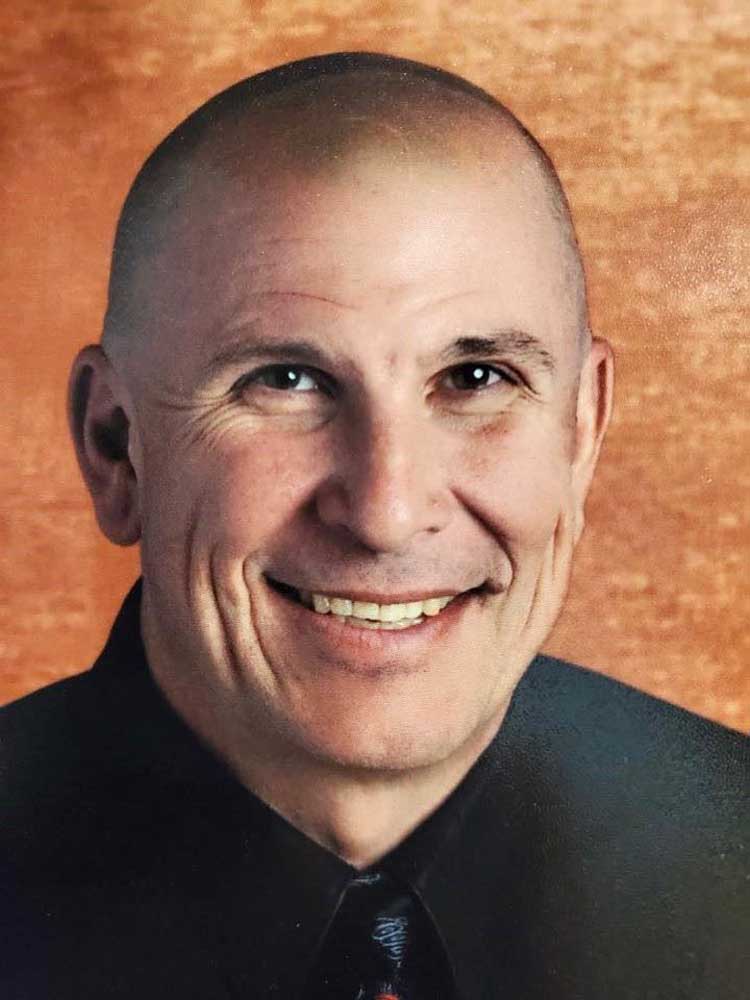Lewis and Clark were not first to the Pacific
Published 4:25 am Monday, November 10, 2003
Second in a continuing series.
Contrary to popular belief Lewis and Clark were not the first to travel to the upper reaches of the Missouri River. Fourteen years prior to the Corps of Discovery’s travels a series of explorers traversed the wilderness.
In 1793 Alexander McKenzie, a Scot transplanted in Canada, crossed the Canadian Rockies and ended up at the Bella Cook River at the Pacific Ocean. Pedro Viral pioneered the Santa Fe Trail from St. Louis into Spanish held territory and established a solid relationship built on trade. Englishman George Vancouver sailed up the Columbia River and then sent a land expedition into the interior to discover additional information about the Indians and the region.
By the mid 1790s French-Canadian fur trappers made contact with the Indians in the Missouri River Valley long before the Lewis and Clark expedition. Contact with these Indians proved to be one of the key components of the Corps of Discovery. The Captain’s goal was to alert these Indians to a change in sovereignty over the land they inhabited.
In fact, Jefferson’s idea about an expedition occurred before the United States acquired Louisiana from the French in 1803. One of the earlier explorers, Alexander McKenzie’s book ended with a warning. He noted that control of North America would come to whoever claimed and controlled the region west of the Mississippi River. Jefferson read the book at the start of his presidency in 1800. The genesis of the Lewis and Clark expedition can be traced to the first person to cross the Rockies, not something that developed following the Louisiana Purchase.
The Corps of Discovery proved not to be a project developed after the extension of the United States boundaries in 1803, but a long term plan developing in Jefferson’s fertile mind. But the idea needed heroes to be executed or it would remain forever a dream. What we celebrate in 2004 is the beginning of this country’s development into the nation it is today. McKenzie was correct.
Dave Hinze is a professional historian and tour guide. He leads tours and presents at conferences on Lewis & Clark, and other topics pertaining to early American history, for the American History Education Association. You can reach him at 1-800-298-1861 or AHEA2004@yahoo.com





